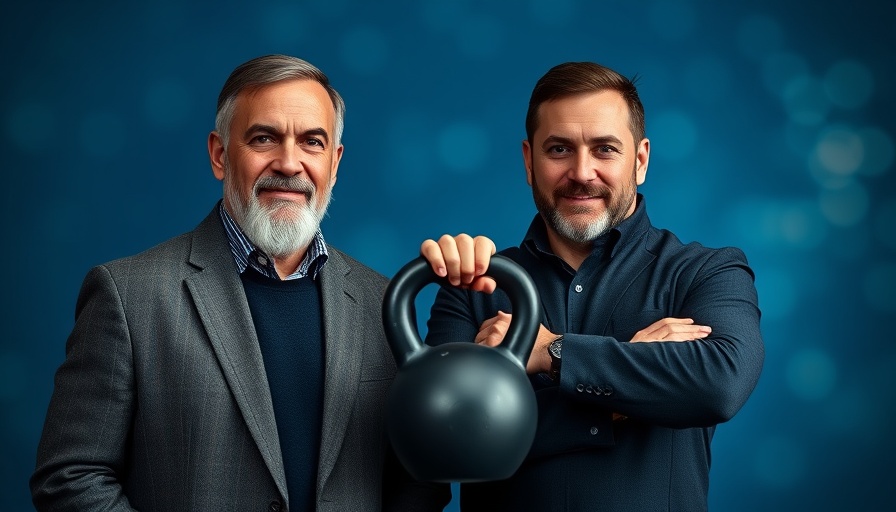
The Surprising Truth About Running for Weight Loss
For years, running has been the go-to exercise for individuals looking to shed pounds. However, recent insights suggest that this common assumption might be misguided, particularly when considering the aging population's unique health needs.
Understanding the Mechanisms of Weight Loss
Weight loss fundamentally hinges on a simple formula: burning more calories than consumed. Running can indeed aid this process, but it is not the only—or even the most effective—option. Other forms of exercise, especially strength training, can be equally, if not more, beneficial. As we age, our metabolic rate decreases, and our muscle mass diminishes, which can result in fewer calories burned throughout the day. Incorporating strength training can help counteract these losses by boosting muscle mass and, consequently, metabolism.
The Risks of Over-Exercising for Seniors
For middle-aged and senior adults, excessive running can lead to injury and joint issues, especially in people with preexisting conditions. The repetitive impact of running can stress ligaments and joints, increasing the risk of injuries such as sprains or fractures. In contrast, low-impact exercises like walking, swimming, or cycling can yield cardiovascular benefits without the risks associated with higher-impact activities.
Healthy Aging Tips: Weighing Different Exercise Options
Emphasizing a well-rounded fitness routine that includes a variety of exercises is crucial. The American Heart Association recommends at least 150 minutes of moderate-intensity aerobic activity each week, supplemented by muscle-strengthening activities twice a week. Consider mixing walking with more gentle forms of resistance training or even yoga for flexibility and strength. This approach not only aids in maintaining a healthy weight but fosters overall physical and mental well-being.
Nutrition: The Unsung Hero of Weight Management
While exercise is vital, nutrition plays a critical role in weight loss, particularly as we age. Adopting a holistic understanding of healthy aging nutrition, prioritizing nutrient-dense foods over calorie-dense options, can help. Focusing on a balanced diet rich in fruits, vegetables, lean proteins, and whole grains lays the groundwork for successful weight management.
Longevity Secrets: What Works Best?
Engaging in social activities, maintaining creativity, and fostering connections are integral parts of a longevity lifestyle. A combination of mental and physical exercises is crucial for healthy aging. Research shows that staying socially connected can lead to not only improved mental health but can also influence physical health outcomes positively.
Final Thoughts on Healthy Aging
It is essential to approach weight management with a holistic perspective. Running, while beneficial, is not the be-all-end-all solution for weight loss, especially for seniors. Exploring various forms of exercise, prioritizing nutrition, and fostering social connections are critical components of a long, healthy life. These strategies contribute to graceful aging and encompass more profound elements of well-being, like mental sharpness, resilience, and purpose.
If you're reevaluating your fitness strategy or are curious about effective aging tips, consider exploring diverse forms of exercise and informative nutrition resources that can enhance your well-being and longevity.
 Add Element
Add Element  Add Row
Add Row 



Write A Comment